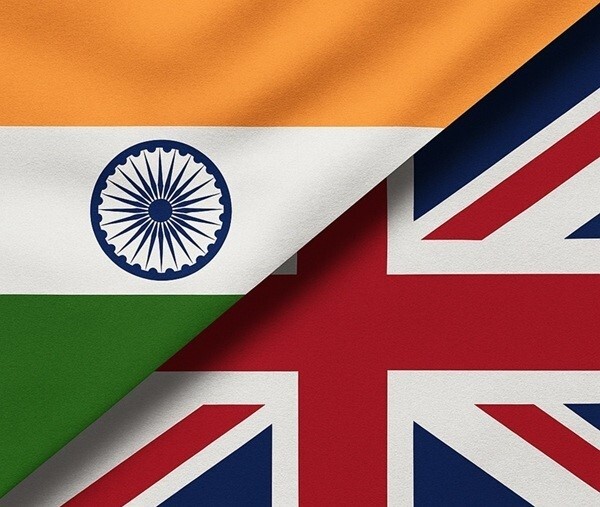您想继续阅读英文文章还
是切换到中文?
是切换到中文?

THINK ALUMINIUM THINK AL CIRCLE

India's Free Trade Agreement (FTA) with the UK, signed with hopes of unlocking duty-free market access, has come under fire from trade experts and industry leaders for omitting carbon tax exemptions. This omission, according to the Global Trade Research Initiative (GTRI), could undermine Indian exports worth USD 775 million annually, including key commodities like aluminium, steel, fertiliser, and cement, starting in 2027.

GTRI founder Ajay Srivastava said, "From January 2027, the UK can impose carbon taxes on Indian steel and aluminium, even as we grant UK goods duty-free access. That's a serious asymmetry."
The UK plans to roll out its own Carbon Border Adjustment Mechanism (CBAM), following the European Union's lead, to tax high-carbon imports. This border levy will apply to sectors like aluminium, steel, fertiliser, hydrogen, cement, ceramics, and glass.
Tariffs are expected to range between 14 per cent and 24 per cent, a margin that could significantly impact competitiveness or compel Indian exporters to redirect their trade routes.
A soaring export boom faces a carbon wall
…and so much more!
SIGN UP / LOGINResponses








